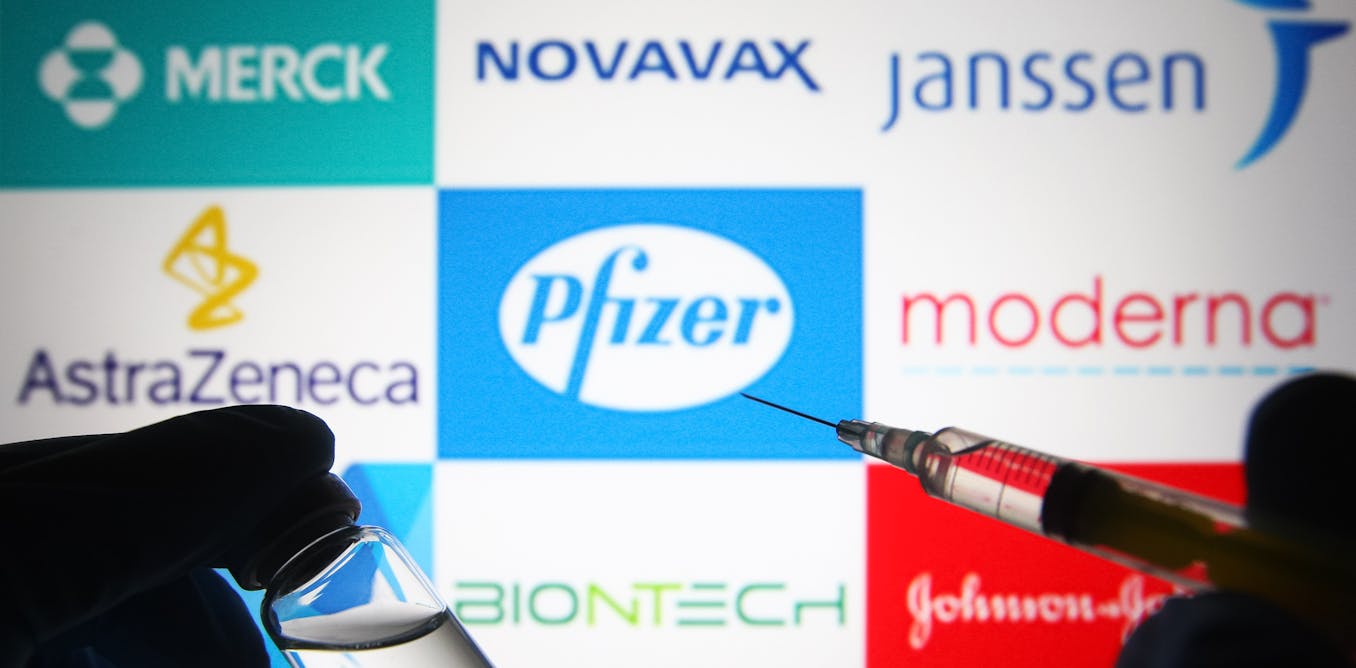How do you make a universal flu vaccine? A microbiologist explains the challenges, and how mRNA could offer a promising solution
Annual flu vaccines are in a constant race against a rapidly mutating virus that may one day cause the next pandemic. A one-time vaccine protecting against all variants could give humanity a leg up.
Feb. 7, 2023 • ~8 min



